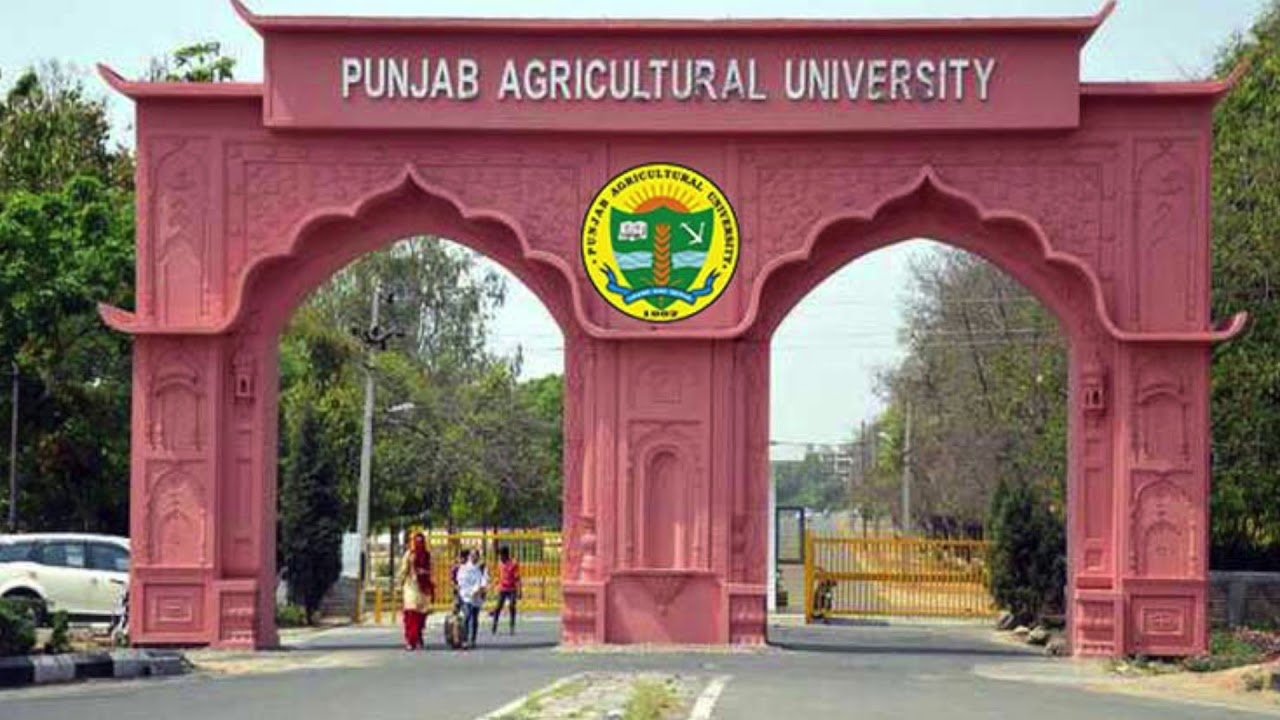Govt launches e-marketplace platform e-SANTA to connect aqua farmers with buyers
It will enhance quality levels, traceability of fish and provide new options for aqua farmers
Piyush Goyal, Union Commerce and Industry Minister, has virtually inaugurated e-SANTA, an electronic marketplace providing a platform to connect aqua farmers and the buyers. It will enable the farmers to get a better price and the exporters to directly purchase quality products from the farmers enhancing traceability, a key factor in international trade. The term e-SANTA was coined for the web portal, meaning Electronic Solution for Augmenting NaCSA farmers’ Trade in Aquaculture. National Centre for Sustainable Aquaculture (NaCSA) is an extension arm of Marine Products Export Development Authority (MPEDA), Govt. of India, Ministry of Commerce & Industry.
Goyal said that e-SANTA will raise income, lifestyle, self-reliance, quality levels, traceability, and provide new options for our aqua farmers. He said that the platform will change the traditional way of carrying out business from a word of mouth basis to become more formalised & legally binding.
The Minister said that e-SANTA is a digital bridge to end the market divide and will act as an alternative marketing tool between farmers & buyers by eliminating middlemen. It will revolutionize traditional aquafarming by providing cashless, contactless and paperless electronic trade platform between farmers and exporters. “e-SANTA can become a tool to advertise collectively the kind of products the buyers, fishermen & fish producing organisations are harvesting, so people in India & internationally can know what is available & in the future, it can become an auction platform”, he added. The Platform is available in many languages, which will help the local population.
e-SANTA is a completely paperless and end-to-end electronic trade platform between Farmers and exporters. The farmers have the freedom to list their produce and quote their price while the exporters have the freedom to list their requirements and also to choose the products based on their requirements such as desired size, location, harvest dates etc. This enables the farmers and buyers to have greater control over the trade and enables them to make informed decisions. The platform provides detailed specification of each product listing and it is backed by an end to end electronic payment system with NaCSA as an Escrow agent.
After crop listing and online negotiation, a deal is struck, advance payment is made and an estimated invoice is generated. Once the harvest date is fixed, the buyer goes to the farm gate and the produce is harvested in his presence. Once the harvest is completed, the final count, quantity of material is verified, the final amount is decided and delivery challan is issued. Once the material reaches the processing plant, the final invoice is generated and the exporter makes the balance payment. This payment is reflected in the escrow account. NaCSA verifies it and accordingly releases the payment to farmer.
It will enhance quality levels, traceability of














